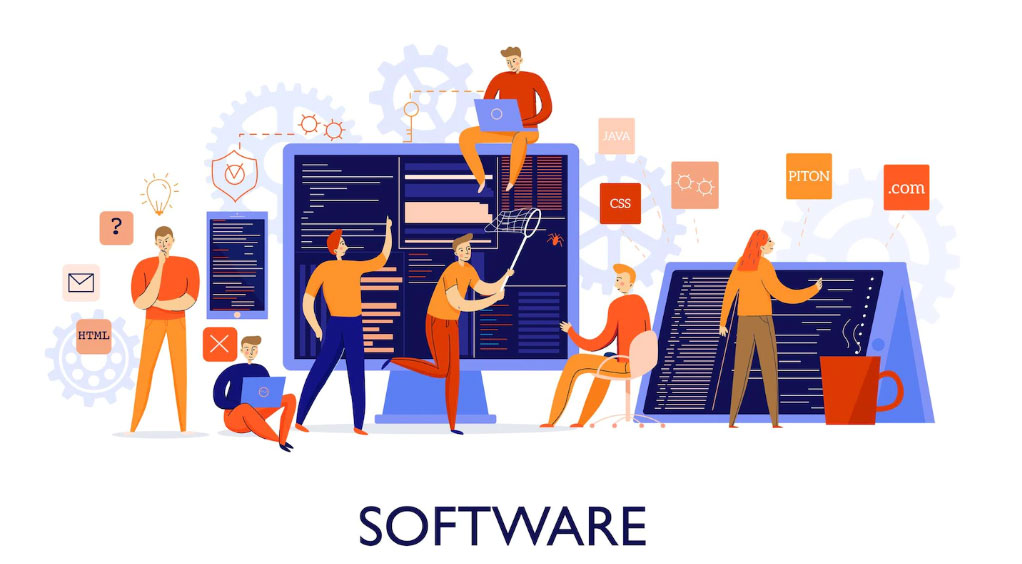Blog Details

How to Choose the Right Software for Your Business
In today's digital landscape, businesses require software solutions to manage various aspects
such as management, marketing, tracking, accounting, lead generation, and more. Custom software
development has become a prevalent option, even for traditionally non-digital businesses
seeking to optimize processes and leverage technology effectively.
To assist you in navigating the myriad of software options available, we've outlined key
considerations and shared insights into our internal process for selecting software solutions.
Organize Your Stakeholders
Every individual within your organization who has a stake in software selection should be involved in the decision-making process. Consider the size and structure of your organization to ensure comprehensive representation. However, radical changes to existing processes due to new software adoption may prove disruptive. In such cases, customization of existing software solutions might be a more practical approach. However, it's essential to weigh the costs and potential outcomes carefully.
Define Your Software Needs
Evaluate whether your current software meets your requirements or if an upgrade or replacement is necessary. Conduct a cost-benefit analysis to determine the return on investment (ROI) of potential software solutions. This analysis will inform your decision-making process and help prioritize features and functionalities.
Where to Find Business Software?
Consider the financial feasibility of each software option by conducting a thorough cost-benefit analysis. Create a comprehensive list of desired features and functionalities to guide your search process. Time constraints often drive businesses to invest in custom software solutions, weighing factors such as budget, timeline, and competitive advantages.
Demo and Trial Software
Take advantage of vendor demos to gain firsthand insight into the software's features and functionalities. Ensure key stakeholders attend the demo to provide valuable input and feedback. Avoid overlooking the importance of thorough testing and evaluation before committing to a software solution.
Don't Compromise on Quality
Invest in certified and reputable vendors to safeguard your business data and ensure software reliability. While there are cost-effective options available, prioritize quality and reliability over price. Consider engaging custom software engineering service providers who offer complementary IT services to meet your specific business needs.
In conclusion, selecting the right software for your business is a critical decision that requires thorough research, evaluation, and collaboration among stakeholders. By prioritizing functionality, reliability, and alignment with organizational goals, you can identify software solutions that empower your business and drive growth in the digital era.
